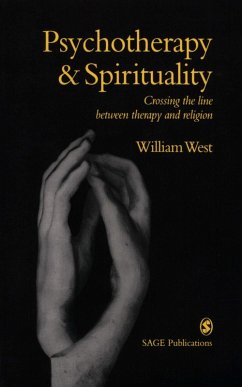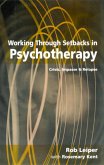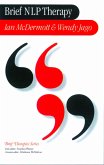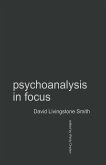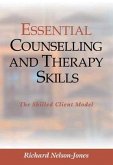`There have been many books written about counselling with respect to class, politics, gender, culture and similar issues but, as far as I am aware , this is the first major work to be presented in this country about working with a client's spirituality and the importance this may have.... Is a must for trainees in the field and for those who feel a client's spirituality is an irrelevance'- Cahoots
`This is a textbook covering all aspects of this subject, eg there is a chapter on "why therapists need training in dealing with spiritual issues" and another on "the meeting place and the differences between spiritual direction and therapy". I recommend this book to practitioners in this field' - Retreats
This thoughtful and intelligent book encourages psychotherapists and counsellors to consider seriously the relationship between spiritual experiences and therapeutic practice. It proposes that therapy itself can be seen as a spiritual process and discusses the implications of this view for therapists, clients and the wider world.
Examining the relationship between spirituality and the main schools of therapy, William West distinguishes clearly between spiritual direction and specific therapies. He offers practical advice to help practitioners increase their awareness of spiritual issues, and guidance on the use of spiritual interventions within therapy.
`This is a textbook covering all aspects of this subject, eg there is a chapter on "why therapists need training in dealing with spiritual issues" and another on "the meeting place and the differences between spiritual direction and therapy". I recommend this book to practitioners in this field' - Retreats
This thoughtful and intelligent book encourages psychotherapists and counsellors to consider seriously the relationship between spiritual experiences and therapeutic practice. It proposes that therapy itself can be seen as a spiritual process and discusses the implications of this view for therapists, clients and the wider world.
Examining the relationship between spirituality and the main schools of therapy, William West distinguishes clearly between spiritual direction and specific therapies. He offers practical advice to help practitioners increase their awareness of spiritual issues, and guidance on the use of spiritual interventions within therapy.
Dieser Download kann aus rechtlichen Gründen nur mit Rechnungsadresse in A, D ausgeliefert werden.
`There have been many books written about counselling with respect to class, politics, gender, culture and similar issues but, as far as I am aware, this is the first major work to be presented in this country about working with a client's spirituality and the importance this may have.... Is a must for trainees in the field and for those who feel a client's spirituality is an irrelevance' - Cahoots `William West brings a delightful balance of empirical research findings with the direct experience of spirituality in practice and makes the synthesis understandable.... He treads sensitively but surely on difficult ground and draws us into an area of therapy which is currently attracting much interest' - Counselling `This is a textbook covering all aspects of this subject, eg there is a chapter on "why therapists need training in dealing with spiritual issues" and another on "the meeting place and the differences between spiritual direction and therapy". I recommend this book to practitioners in this field' - Retreats `This book, surely, is a must for anyone involved today in spiritual companionship, whether counsellors/therapists or not.... West follows Colin Feltham in his excellent What Is Counselling? (SAGE1995) in finding the qualifying labels such as "cognitive-behavioural", "psychodynamic" and "humanistic" as clearer separators than the words "psychotherapist" or "counsellor", and uses the word therapist to cover both counsellor and psychotherapist....Those who are not themselves therapists should find no difficulty or undue technicality in this very clearly written book' - SPIDIR Newsletter

